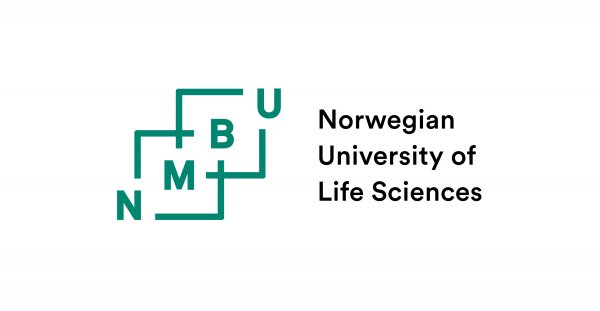Nordic Master in Aquatic Food Production - Safety and Quality
Aquatic Food production - Safety and Quality (AQFood) focuses on production of aquatic food throughout the entire production and food supply chain, linking primary production including aquaculture and wild catch with processing and distribution to the consumers in terms of quality and safety.
AQFood is a double degree master program, including mobility, offered by a consortium of three leading universities in the Nordic countries:
Norwegian University of Science and Technology (NTNU)University of Iceland (UoI)Norwegian University of Life Science (NMBU)
You start with your first year at one university and then take the second year at another of the consortium universities depending on your choice of specialization.
AQFood offers three study tracks depending on your choice of starting university:
Aquatic Production (first year at NMBU)Natural Resources (first year at NTNU)Marine Innovation and Sustainability (first year at UoI)
Entry requirements
Higher Education Entrance Qualification and a completed bachelor's degree comparable to 180 ECTS, including a specialization of 80 ETCS. Documented profiency in English in accordance with consortium regulations.
The bachelor must be in the fields of life science or engineering, including some biology.
For specific admission requirements for the different study tracks, information about application and general questions about the study program see: www.aqfood.org/admission.
Entry requirements
Higher Education Entrance Qualification and a completed bachelor's degree comparable to 180 ECTS, including a specialization of 80 ETCS. Documented profiency in English in accordance with consortium regulations.
The bachelor must be in the fields of life science or engineering, including some biology.
For specific admission requirements for the different study tracks, information about application and general questions about the study program see: www.aqfood.org/admission.
